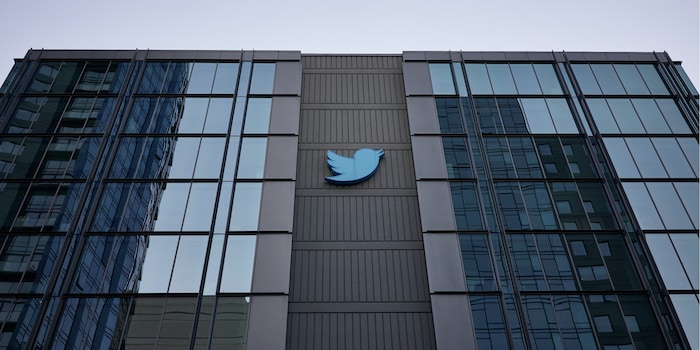
Twitter deal hangs in the air because of bot debate
The takeover of the social media platform with the blue bird is going anything but smoothly. The new owner-to-be, Elon Musk, first wants to clarify how high the share of Twitter bots is. Is this how the billionaire wants to push down the purchase price?
The ink on the takeover agreement for the social media platform Twitter has been dry for a few weeks now. But the mega-deal has not gone quiet. That, mainly because of the prospective new owner Elon Musk. The richest man in the world has repeatedly spoken out via Twitter since the deal was announced.
So also last Friday. Musk announced in a tweet that the deal with the short message service was temporarily on hold. That until Twitter will provide more details on the current number of bot accounts on the platform. According to Reuters, since 2013 Twitter has always stuck to its claim that spam and bot accounts on the platform would account for less than five percent. This is despite independent researchers estimating that the true figure is likely to be between nine and 15 percent.
Interested in takeover - less interested in the current price
Shortly after the tweet about the deal being temporarily stalled, Musk emphasized in a follow-up tweet that he was still fundamentally committed to the acquisition. On Saturday, however, the pendulum swung back in the other direction and Musk doubled down with another tweet: He said that in order to study the bot stocks, his team analyzed a random sample of 100 followers of Twitter's own Twitter account (@twitter). In doing so, he invited the network community to follow suit with his team.
On Monday, Musk reiterated his fears in an interview at a technology conference in Miami. According to the New York Times, the billionaire stressed that Twitter's official numbers were implausible. An acquisition of Twitter at a lower price is therefore "not out of the question," Musk added.
Still-CEO Parag Agrawal counters
On Monday, Parag Agrawal, Twitter's current CEO, intervened in the debate. In a lengthy Twitter thread, the CEO explained that they take the bot issue very seriously. At the same time, he emphasized that blocking bot accounts is technically complex and that the problem changes rapidly each time.
Also, Agrawal reiterated in his thread that bot populations on Twitter are below five percent. In addition, he explained that correct estimates could not be made from the outside because private data would also have to be used for this purpose. Finally, the CEO confirmed that Musk had been given an overview of these processes a week ago. The latter only answered Agrawal with a poop emoji ("Poop Emoji").
Expensive clauses
Why Musk is reviving the bot debate right now is unclear. After all, the issue is not new. Why such ambiguities were not cleared up in advance of a billion-dollar deal remains a mystery.
Analysts at Bloomberg suspect that it is a tactic to depress the takeover price. Since the deal was announced, Twitter's share price has fallen to $36.46 currently. That's where Musk's original offered purchase price of $54.20 per share moves well above. Tesla shares, which Musk is using as a guarantee for the Twitter acquisition, have also fallen since the deal was announced.
It is unclear whether Musk actually wants to push down the price with his tweets, wants to dodge a deal at the last second, or is simply firing off tweets without any larger ulterior motives. What is clear is that a change of course at this point would have expensive consequences.
A so-called "walk-away clause" obligates the billionaire to pay one billion US dollars if the takeover is aborted - and that's not all. There is also a "specific-performance clause" - which allows Twitter to force Musk into a takeover as long as the debt financing he procured remains intact. According to the New York Times, that's what happened in 2001 with the acquisition of meat-packing company IBP.
To extricate himself from the mega-deal, the Tesla and SpaceX CEOs could again use a "material adverse change clause." This governs which party bears the risk of negative events during the transition phase of an acquisition. However, lawyers interviewed by the New York Times assume that Musk would have few arguments for this in court with the snap purchase of the social media platform.
Titelbild: Shutterstock
«I want it all! The terrifying lows, the dizzying highs, the creamy middles!» – these words spoken by an iconic American TV celebrity could have been mine. It's a take on life I also apply to my job. What does this mean in concrete terms? That every story has its charm; no matter how small, large, exciting or trivial. The more eclectic the mix, the better.
From the latest iPhone to the return of 80s fashion. The editorial team will help you make sense of it all.
Show all